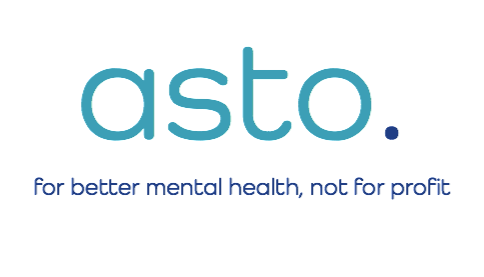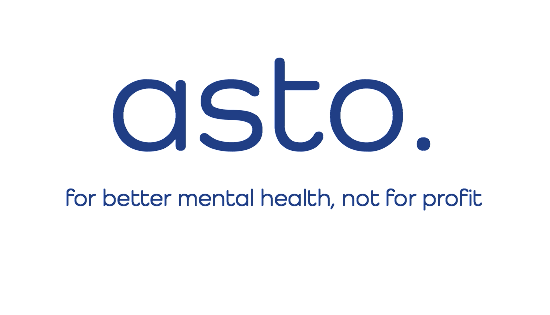OCD in the workplace
Obsessive Compulsive Disorder (OCD) is a much misunderstood mental health problem. It affects about 1.2% of the UK population, or approximately 750,000 people. OCD symptoms tend to vary from person to person. They can include intrusive, unwanted, and difficult to control thoughts, images or urges (obsessions) relating to harm/danger, contamination, sex, religion, need for symmetry or exactness, and acts that are repeated physically or mentally (compulsions or rituals) such as cleaning/washing, checking, counting, ordering and many other repetitive behaviours.
OCD can affect people in different ways. Whilst it is true that obsessive doubts about harm or aggression and fears of contamination with their associated compulsions account for 62% of OCD behaviour, these are not the only manifestations of such a common, long-standing, and debilitating mental health problem as OCD. For example, excessive need for symmetry or exactness (10%), and religious (6%) and sexual (6%) are also common.
What does this mean for someone in the workplace who suffers with OCD? In some instances, triggers of a person’s OCD may not occur in the workplace, and as such, their behaviour may not appear unusual.
However, this may not be the case for someone who has OCD where the trigger for their OCD is apparent in the workplace. For these people, their behaviour may appear unusual, and their productivity may be affected. Certain tasks may take longer than usual. Colleagues may not understand why the person with OCD is behaving in a certain way. The person with OCD may even be subject to criticism and even jokes or ridicule.
In both cases though, whether potential triggers to OCD either are or aren’t in the workplace, they will potentially have one thing in common, tiredness. OCD is a debilitating disease that often leads to compulsions, which can be very repetitive, time consuming, and very tiring. That tiredness can be carried through into the workplace. For example, I have met an OCD sufferer that regularly took 3 hours to get to bed each night, due to the repetitive checking rituals that they performed. It could also take 1 to 2 hours to leave the house!
In many instances, OCD sufferers will be late for work or absent from it. One study suggested that on average, someone suffering with OCD, may have as many as 46 days absence from work per year. I have been retired now for many years, but I know that in my own journey with OCD, when my OCD was at its worst, there was no possible way in which I would have been able to function at work. I was barely functioning outside work!
People with OCD who are looking for work, may also find it more challenging. Just the act of searching or applying for jobs or even attending interviews in a healthy mental and physical state can be a challenge. I myself had to stop driving for 6 weeks when my OCD was at its peak.
Thankfully, help is at hand. At Asto Clinics we offer a 12 week, online, Group Therapy Programme, which consists of Cognitive Behavioural Therapy (CBT) and Exposure Response Prevention (ERP). ERP is a process where you learn to effectively face your fears in order to overcome OCD.
The combination of CBT with ERP is a clinically proven method for the effective treatment of OCD. Our OCD Treatment Programme consists of 12, 2 hour online group sessions with a maximum of 10 people in a group. Each week our consultant clinical psychologist takes patients through the theory, and then sets exercises, or “homework” for the following week. As the weeks build, the knowledge of the patient grows, such that by the end of the programme, they effectively become their own therapist, and can then continue the work necessary to recover from their OCD.
Asto is already engaging with patients who are struggling to stay in work because of their OCD, or finding it challenging to find work.

